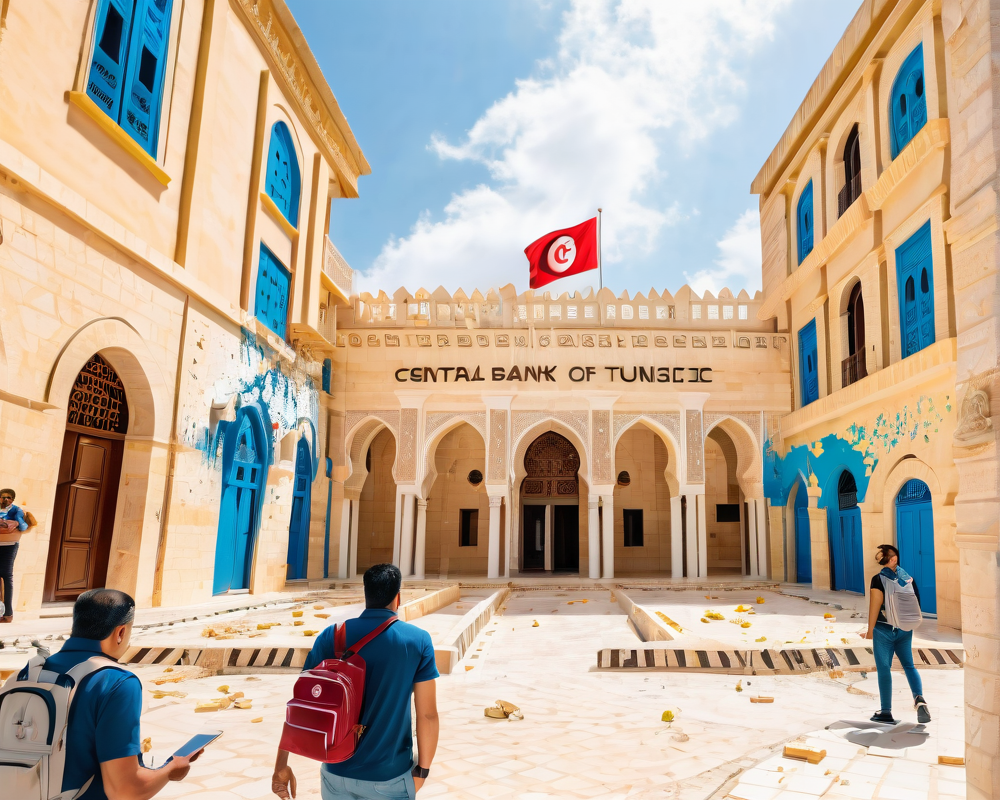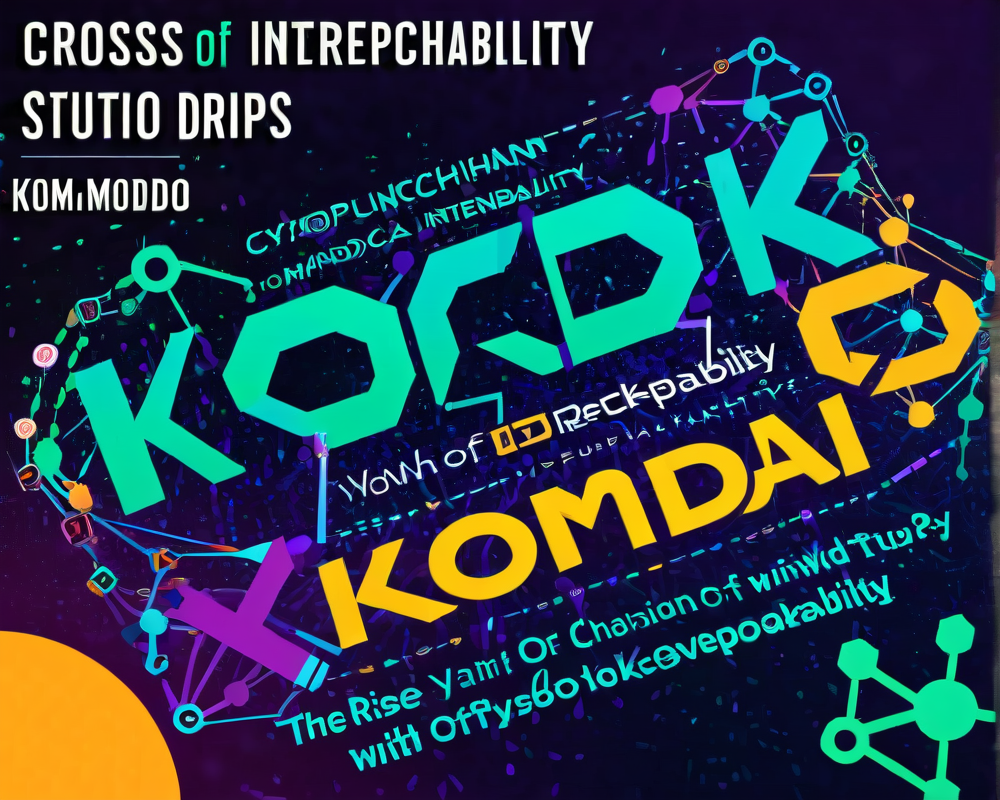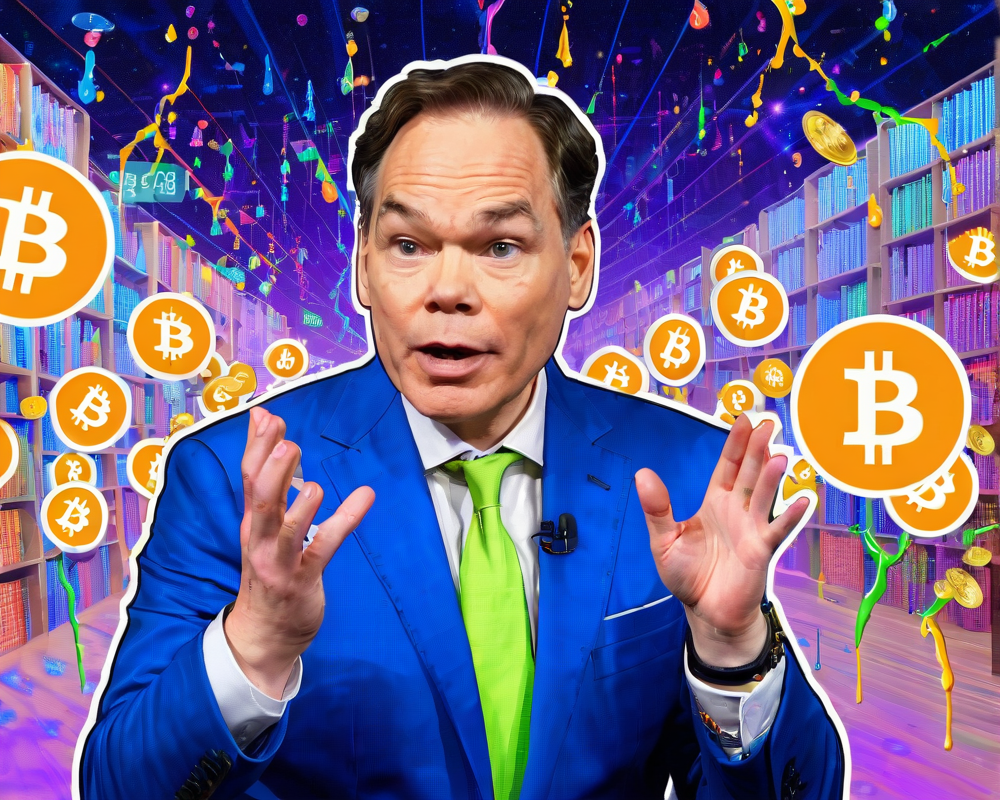The Central Bank’s Firm Denial
Recently, the Central Bank of Tunisia (BCT) made headlines—but not for the reasons you might expect. The bank categorically refuted any claims regarding the development of a central bank digital currency (CBDC), putting to rest rumors suggesting a digital version of the Tunisian dinar was on the horizon. Talk about a plot twist, huh?
Focus on Digital Finance, Not Digital Currency
In its statement, the BCT clarified that while they are diving into the realm of digitization, it is not the same as preparing a digital currency. The focus is on improving digital payment alternatives and assessing the risks versus rewards of new technologies. Makes sense, right? With cyber security threats lurking everywhere, they surely want to tread carefully.
The Forex Club Confusion
Now, where did all the speculation come from? It turns out they trace back to a recent event at the Forex Club of Tunisia. This independent forum, loosely associated with the BCT, generated buzz with talks regarding CBDCs. Participants were treated to a demonstration about the viability of a theoretical digital currency produced by a private startup. No big deal, except for the fact that the BCT had nothing to do with it!
Marketing Mayhem
In a classic case of marketing gone wrong, the BCT pointed out that the startup had “no moral or contractual relationship” with them. Apparently, claims arose from a mix of excitement and miscommunication, leaving everyone scratching their heads and reaching for their dictionaries to figure out “proof-of-concept.”
The Regulatory Sandbox Initiative
What about the future, you ask? The BCT has plans for a regulatory sandbox aimed at fostering innovation in Tunisia’s banking and financial sector this year. This, however, does not equate to the creation of a CBDC. It’s more like preparing the playground before allowing any big kids to play with the shiny new toys.
The Media’s Role
The initial report about the e-dinar was largely fueled by a Russian news outlet. Hence, while misinformation flies faster than a rumor at a high school reunion, it’s essential to separate the wheat from the chaff (or in this case, the speculation from the facts).
In Conclusion
The BCT wants to be clear: No digital currency is brewing in their cauldron just yet, but they’re keeping a close eye on features like cybersecurity and financial stability. In a world where digital money can bring both benefits and risks, it looks like the Central Bank of Tunisia is taking the responsible route—one cautious step at a time.




